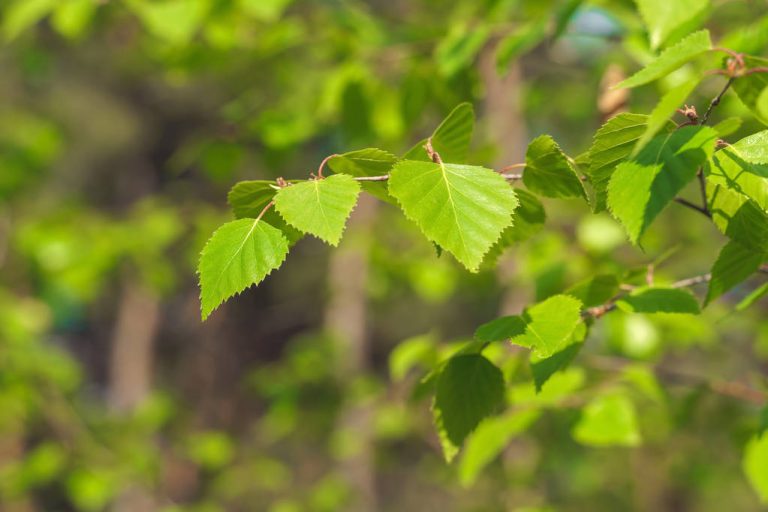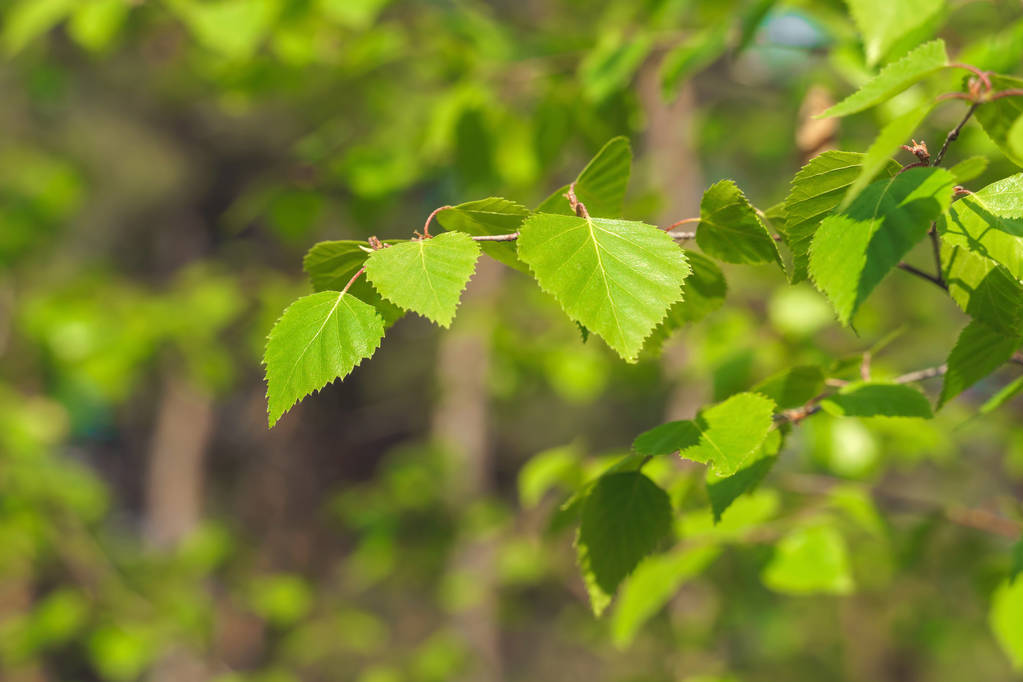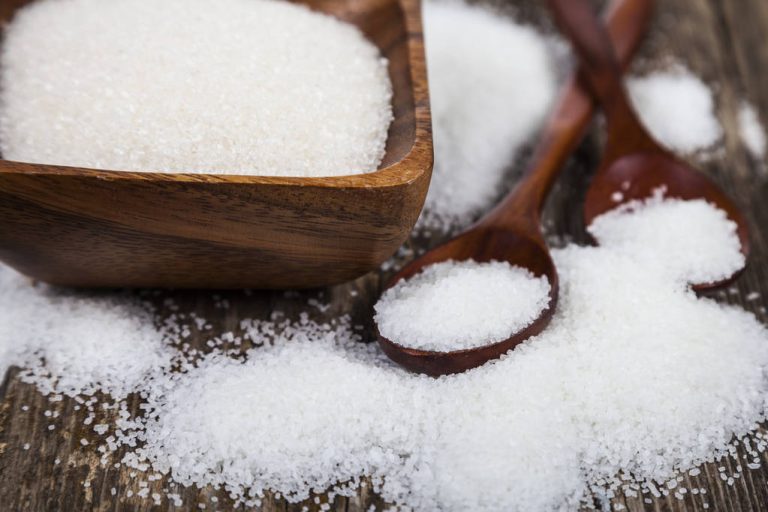Tradition meets modernity: an Estonian family business combines traditional birch water with new flavors. Do the founders of the TV show “The Lion’s Den” like it?
Birkenwasser: Traditional drink with potential

When the snow melts in spring in Estonia and other Nordic countries, it is time to harvest birch water. Inspired by her grandmother, the traditional extraction of the dew water contained in the birch trunk gave the Estonian Anne-Liis Theisen and her siblings the idea of also marketing birch water in Germany.
With her family business “ÖselBirch”, the 27-year-old offers numerous new variants in addition to the classic birch water. With the flavors rhubarb, mojito, Aronia berry, sea buckthorn, and mint, there is something for every taste. Will the lions like it too?
Drained of course
The time to collect birch water in spring is short: the sap only runs out of the trunk for about 1-2 weeks before the first leaf buds appear. Birch water can be drunk neat – but it can also be fermented. This is important because it doesn’t stay fresh for more than five days.
Collecting birch sap does not harm the tree because the peg holes in the tree and the amount of sap collected are so small in relation that the tree recovers within a year. Birch sap has been tapped for centuries and has become a Nordic tradition!
Healthy birch water
Birch water – a probiotic drink with live cultures. The fermented juice from the birch trunk is also free of preservatives, vegan, gluten-free, and contains only natural traces of sugar. It is offered in an environmentally-friendly glass bottle.
With its slightly sour taste, birch water is somewhat reminiscent of kefir. Due to its slightly bitter aftertaste, birch water is also ideal for processing in cocktails or mocktails. Similar to coconut water, birch sap also contains valuable electrolytes and trace elements such as manganese, calcium, potassium, phosphorus, magnesium, zinc, iron, and sodium.
With birch water to the lion deal?

In order to make her “ÖsellBirch” birch water a cult drink in Germany too, Anne-Liis is hoping for a 60,000 euro deal in the “Lion’s Den” and the expertise of the founders. Will the “lions” jump to your side? You will find out the answer on Tuesday, October 23 at 8:15 p.m. on VOX.






